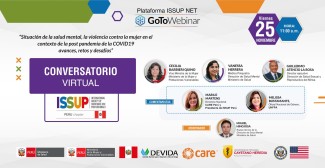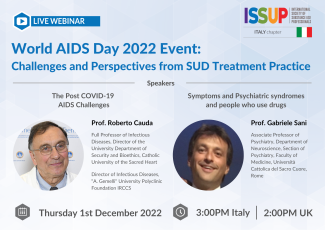Exploring the impact of the COVID-19 pandemic on healthcare and substance use service access among women who inject drugs: a qualitative study
Abstract Background The COVID-19 pandemic disrupted healthcare and substance use services engagement, including primary and mental health services as well as residential and outpatient drug treatment. Women who inject drugs (WWID) face...

